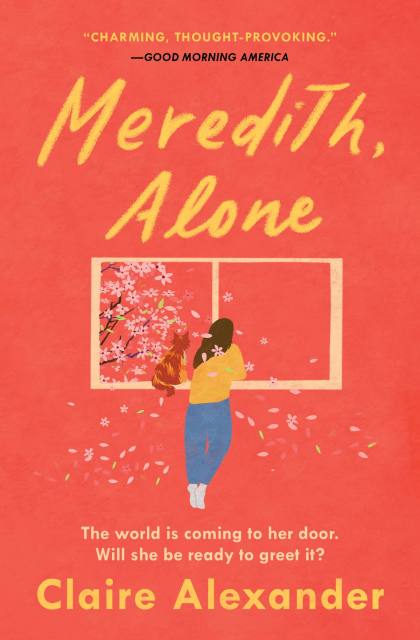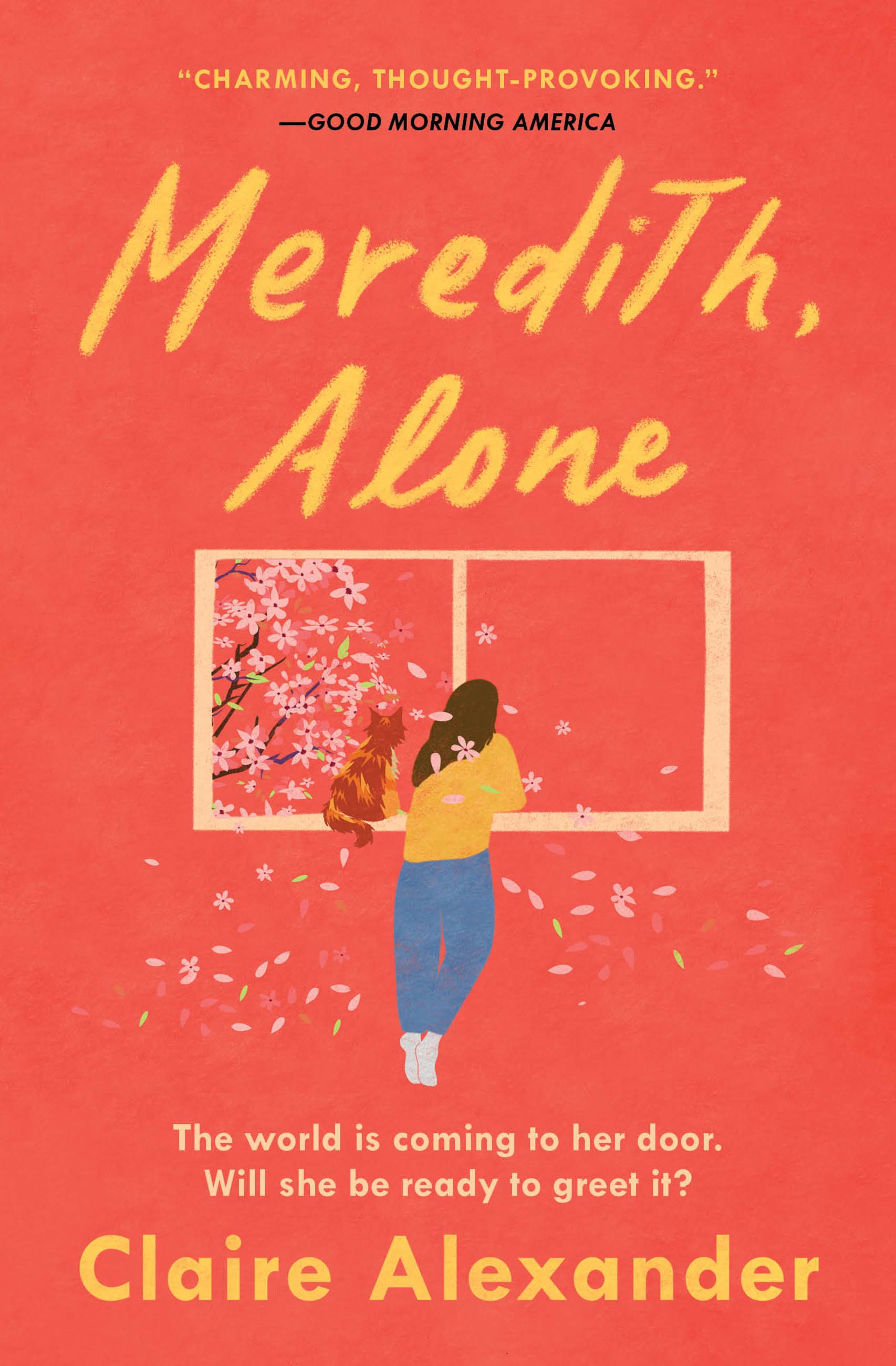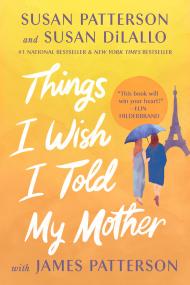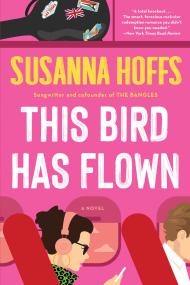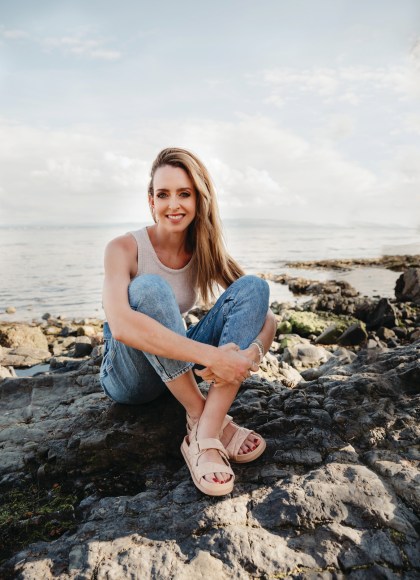Promotion
Use code MOM24 for 20% off site wide + free shipping over $45
Meredith, Alone
Contributors
Formats and Prices
Price
$17.99Price
$22.99 CADFormat
Format:
- Trade Paperback $17.99 $22.99 CAD
- ebook $11.99 $15.99 CAD
- Audiobook Download (Unabridged) $27.99
This item is a preorder. Your payment method will be charged immediately, and the product is expected to ship on or around July 11, 2023. This date is subject to change due to shipping delays beyond our control.
Also available from:
She has a full-time remote job and her rescue cat Fred. Her best friend Sadie visits with her two children. There's her online support group, her jigsaw puzzles and favorite recipes, her beloved Emily Dickinson poems. Also keeping her company are treacherous memories of an unstable childhood and a traumatic event that had sent her reeling.
But something's about to change. First, two new friends burst into her life. Then her long-estranged sister gets in touch. Suddenly her carefully curated home is no longer a space to hide. Whether Meredith likes it or not, the world is coming to her door…
Genre:
-
"I laughed, I cried, and I bowed down to the brilliant author of this brilliant book."Gillian McAllister, New York Times bestselling author of Wrong Place Wrong Time
-
"A gorgeous, charming novel...Sweet, moving, funny and hopeful, with a courageous heroine who sweeps you up in her story."Jennifer Saint, bestselling author of Ariadne
-
“A novel that examines our most private spaces and what it means to be alone versus lonely, this charming, thought-provoking debut novel will be a big hit.”Good Morning America
-
"Meredith, Alone is a touching contemporary fiction following one woman's journey back into the world."Popsugar
-
"A timely and poignant book about trauma, loneliness, and stepping outside of our comfort zones — literally."Buzzfeed
-
"Executed with care, humor, and grace, this novel pokes at the bubble of solitude to show each of us that suffering has a sense of community and with that, the prospect of optimism."Library Journal
-
"Alexander creates a winning heroine in Meredith and likable characters in her kind friends... An optimistic, feel-good novel."Kirkus Reviews
-
“[A] satisfying debut. The endearing characters offer a sensitive portrayal of what it means to live with mental health issues… with heart to spare.”Publishers Weekly
-
"I shed tears. Very, very touching, sad, sweet and hopeful."New York Times bestselling author Marian Keyes
- On Sale
- Jul 11, 2023
- Page Count
- 384 pages
- Publisher
- Grand Central Publishing
- ISBN-13
- 9781538709955
Newsletter Signup
By clicking ‘Sign Up,’ I acknowledge that I have read and agree to Hachette Book Group’s Privacy Policy and Terms of Use
